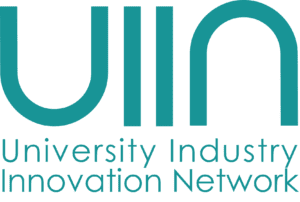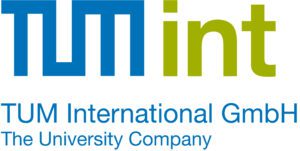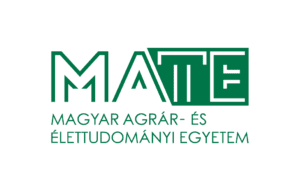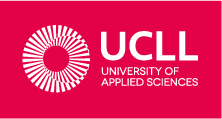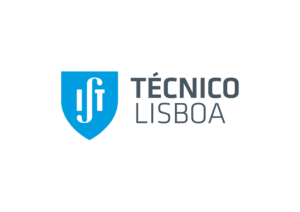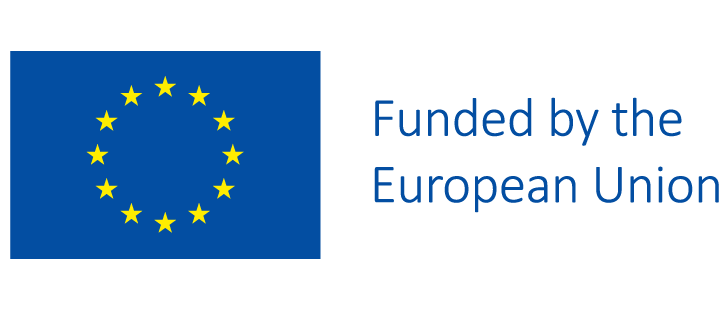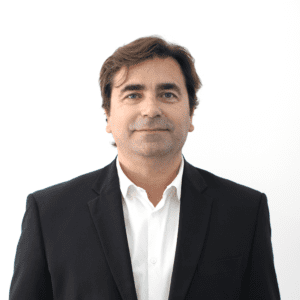
By Dr Eduardo Leite, Vice President, Higher School of Technology and Management, University of Madeira.
The contemporary educational and economic landscape is undergoing a profound metamorphosis in the role of universities, moving towards a more holistic and integrative perspective, where innovation and entrepreneurship emerge as fundamental pillars in preparing students for an uncertain and constantly evolving future. This transition, stimulated not only by technological acceleration but also by the urgent search for innovative solutions to address complex global challenges, highlights the need for universities to reconfigure themselves as centres of education, research, and economic development.
In our opinion, excellence in higher education emerges from the intentional dialogue between innovation, entrepreneurship, and educational institutions. This interaction can be poetically described by the meeting of minds: innovation and entrepreneurship, with their collective voice, announce to universities, “We have unveiled all possibilities for you.” In response, the university declares, “I have abandoned all conventions for you.” Such an exchange will cultivate a future where learning transcends the linearity of time, where each discovery is a key that unlocks another even more magnificent.
In this context, the concept of the entrepreneurial university emerged, popularised by Etzkowitz in the 1980s, which emphasizes collaboration between universities, industry, and government (the triple helix), meanwhile expanded to civil society and the environment (the quintuple helix), promoting innovation and sustainable economic growth. The implementation of this third university mission requires a multifaceted approach, encompassing everything from the generation of startups and academic spin-offs, registration of licenses and patents, to the promotion of a structural entrepreneurial culture.
There are already exceptional success cases around the world that illustrate this with high impact, such as:
Stanford University (United States): Globally recognised for its central role in the development of Silicon Valley, Stanford University serves as an exemplary model of how a higher education institution can foster entrepreneurship and innovation. The university offers a wide range of programs and resources for startups, including incubators, accelerators, and investment funds.
Tsinghua University (China): This university is a pillar of entrepreneurship and innovation in China, with significant initiatives to support startups and technology transfer. The university has partnerships with multinational companies and operates startup incubators that have helped launch many successful businesses.
Indian Institute of Technology Bombay (India): This institute is one of the leading centres of innovation and entrepreneurship in India, with several initiatives to support startups, including incubators and mentorship programs. The institution has a strong connection with the industrial sector and actively promotes the commercialisation of research.
And in Europe…
University of Cambridge (United Kingdom): The “Cambridge Cluster” is a successful example of how the university has boosted local economic development through academic spin-offs, partnerships with industry, and the creation of a vibrant innovation ecosystem. Cambridge Enterprise, the university’s technology transfer arm, plays a key role in this process.
Delft University of Technology (Netherlands): Known for its focus on engineering and technology, Delft University of Technology has a robust program to support entrepreneurship among students and researchers. Its Delft Entrepreneurs program promotes the creation of startups and provides access to workspaces, initial funding, and guidance.
However, these cases are still the exception. Given this scenario, the question arises: how can this transformation be accelerated and generalised?
A promising answer is found in Accelerate Future HEI, funded by Horizon Europe, which exemplifies a coordinated effort to strengthen innovation and entrepreneurship in higher education institutions (HEIs). This initiative stands out for the implementation of transformative actions and the involvement of stakeholders, highlighting the importance of a strategic vision and the establishment of a clear roadmap for change.
In addition to preparing students for the demands of the job market, the focus on innovation and entrepreneurship positions them as agents capable of driving significant changes in society. This pedagogical approach promotes the holistic development of students, fostering creativity, adaptability, and resilience.
Effective interaction between universities and the broader innovation ecosystem is essential for the success of this transformation. Active participation in dialogue with policymakers, the dissemination of successful practices, and the promotion of a culture of equal opportunities and sustainability align the activities of HEIs with the emerging needs of society and the economy.
One year after its implementation, Accelerate Future HEI stands out as a successful case of consortium cooperation, demonstrating how well-structured initiatives can facilitate the transition to more innovative and entrepreneurial universities. Through a series of strategic interventions, from mapping the existing ecosystem to outlining institutional transformation acceleration projects, Accelerate Future HEI proves to be a catalyst in reshaping higher education institutions, showing a tangible and positive impact on the academic and social fabric.
Accelerate Future HEI demonstrates a notable impact on the evolution of the mindset and innovation capacity of the participating organisations and institutions, namely: University Industry Innovation Network (UIIN), UAS St. Pölten, UCLL, University of Madeira, MATE Hungarian University of Agriculture and Life Sciences, Politehnica University Timișoara, TUM International GmbH (TUMint), University Europea Canarias, University of La Réunion, Vidzeme University of Applied Sciences (ViA), Instituto Superior Técnico, and Momentum.
For example, the assessment of consortium partners as organisations involved a meticulous asset mapping process. This stage has been crucial, allowing the higher education institutions involved to gain a deep understanding of their installed capabilities and specific contexts. Through this analysis, we were able to identify essential strategic resources, which have been fundamental in synchronising our research activities with both internal and market needs. This alignment is indispensable not only for ensuring adequate funding but also for enhancing the institution’s visibility. In the long term, it is anticipated that this methodology will promote the formation of strategic partnerships with the business sector, encourage the development of relevant educational programs, and significantly strengthen the institution’s reputation among peers and in society at large.
Following this, the institutions were engaged in focus groups, questionnaires, and workshops, aiming to capture a holistic picture of the institutions. For the University of Madeira, this process facilitated the validation and further development of the findings from the asset mapping exercise. Effectively, involving a variety of ecosystem stakeholders, such as faculty, researchers, students, and business representatives, provided a more comprehensive perspective, arising from the juxtaposition of different viewpoints and the diverse visions of the same structure. This methodology sought to be inclusive, highlighting a recognition of everyone’s importance in building a more open, collaborative, and inclusive institution. As a result, it allowed for the identification of specific needs and challenges faced by different departments, contributing to the development of more comprehensive and effective strategies for their outcomes.
As we continue our exploration of the transformative role of innovation and entrepreneurship in higher education, reflecting on international best practices reveals we are at the threshold of a significant era of change. The initial successes of the Accelerate Future HEI project offer a glimpse into a promising future, where the integration of innovation and entrepreneurship within universities is not merely aspirational but is becoming a tangible reality. With three more years of intensive work ahead, we anticipate remarkable evolution within the participating institutions and a reconfiguration of the educational landscape. This journey is crucial for preparing universities to effectively lead in a global scenario characterised by rapid change and uncertainty.
We focus on enhancing the role of universities as leaders in innovation and economic development to make sure that graduates are better equipped to make meaningful contributions to society. We confidently agree that higher education is changing to meet tomorrow’s challenges and inspire the next generation of innovators, entrepreneurs, and global leaders.
Learn more about The University of Maderia here:

